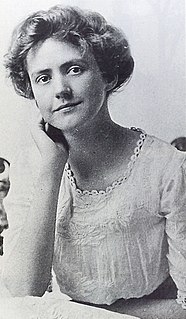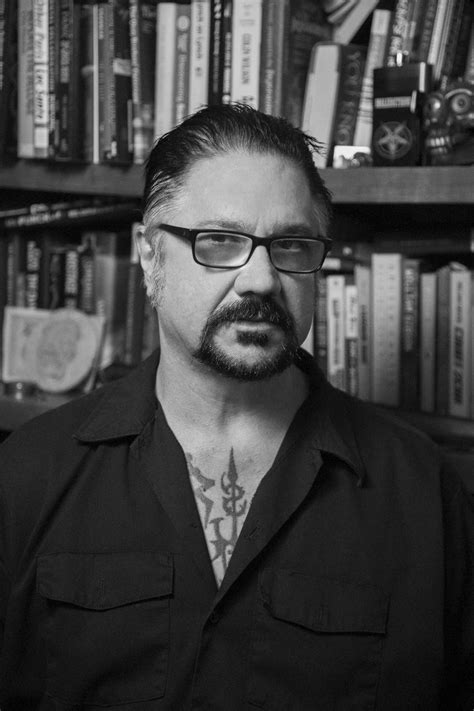A Quote by Douglas Rushkoff
Time has always been used against us on a certain level. The invention of the clock made us accountable to the employer, gave us a standard measure and stopwatch management, and it also led to the requirement of interest-bearing currency to grow over time, the requirement of the expansion of our economy.
Related Quotes
One of the ways the telegraph changed us as humans was it gave us a new sense of what time it is. It gave us an understanding of simultaneity. It gave us the ability to synchronize clocks from one place to another. It made it possible for the world to have standard time and time zones and then Daylight Savings Time and then after that jetlag. All of that is due to the telegraph because, before that, the time was whatever it was wherever you were.
This is a living planet. Look around. Mars, Venus, Jupiter. Look beyond our solar system. Where else is there a place that works, that is just right for the likes of us? It has not happened just instantly. It is vulnerable to our actions. But it's the result of four and a half billion years of evolution, of change over time. And it changes every day, all the time. It would be in our interest to try to maintain a certain level of stability that has enabled us to prosper, to not wreck the very systems that give us life.
Not only does a journey transport us over enormous distances, it also causes us to move a few degrees up or down in the social scale. It displaces us physically and also for better or for worse takes us out of our class context, so that the colour and flavour of certain places cannot be dissociated from the always unexpected social level on which we find ourselves in experiencing them.
Our struggle to put first things first can be characterized by the contrast between two powerful tools that direct us: the clock and the compass. The clock represents our commitments, appointments, schedules, goals, activities - what we do with, and how we manage our time. The compass represents our vision, values, principles, mission, conscience, direction - what we feel is important and how we lead our lives. In an effort to close the gap between the clock and the compass in our lives, many of us turn to the field of "time management."
This is where you first failed us. You gave us minds and told us not to think. You gave us curiosity and put a booby-trapped tree right in front of us. You gave us sex and told us not to do it. You played three-card monte with our souls from day one, and when we couldn't find the queen, you sent us to Hell to be tortured for eternity. That was your great plan for humanity? All you gave us here was daisies and fairy tales and you acted like that was enough. How were we supposed to resist evil when you didn't even tell us about it?
There is a certain standard of grace and beauty which consists in a certain relation between our nature, such as it is, weak or strong, and the thing which pleases us. Whatever is formed according to this standard pleases us, be it house, song, discourse, verse, prose, woman, birds, rivers, trees, room, dress, and so on. Whatever is not made according to this standard displeases those who have good taste.
Many of us are returning from a long journey during which we were forced to search for things that were of no interest to us. Now we realize that they were false. But this return cannot be made without pain, because we have been away for a long time and feel that we are strangers in out own land. It will take some time to find the friends who also left, and the places where our roots and treasures lie. But this will happen.
Remembering our past, carrying it around with us always, may be the necessary requirement for maintaining, as they say, the wholeness of the self. To ensure that the self doesn’t shrink, to see that it holds on to its volume, memories have to be watered like potted flowers, and the watering calls for regular contact with the witnesses of the past, that is to say, with friends. They are our mirror; our memory; we ask nothing of them but that they polish the mirror from time to time so we can look at ourselves in it.
The credit of my good upbringing goes to my mother, who's not only been a single parent to my brother and I, but she's also been 'our' manager for the longest time. Our father, on the other hand, remained elusive and away from the family for most part of our lives, which left a certain void but also made us creative and reflective.






































